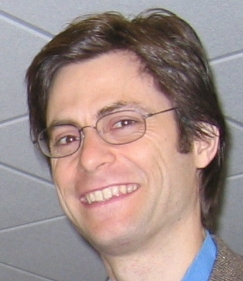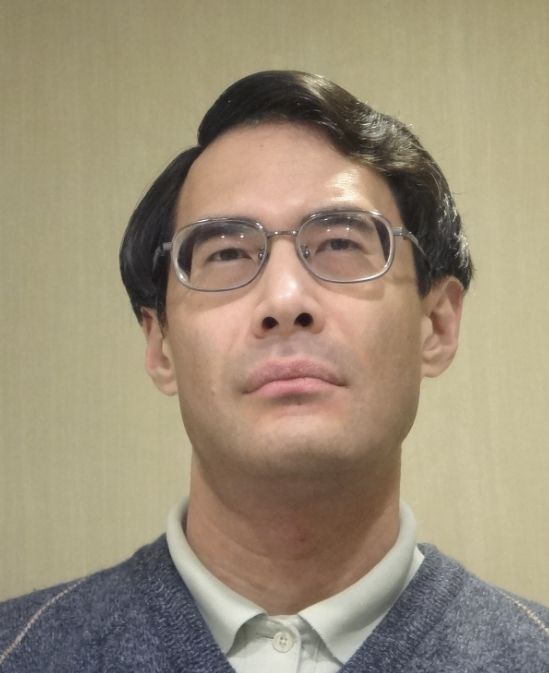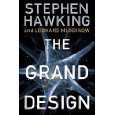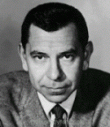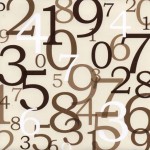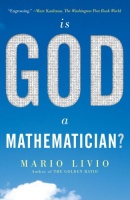Ethan Siegel, writing in Forbes, concludes that No, the Universe is Not Purely Mathematical in Nature.
His argument, unless I’ve badly misunderstood him, is that many purely mathematical models of the universe have turned out to be wrong, and one needs observations to guide the building of better models.
I think he has this exactly backward.
If our Universe is uniquely woven from some special fabric, then it at least might (or might not) be possible to discern some of its properties by pure reason.
But if our Universe is a purely mathematical structure, then it is surely one of a great many purely mathematical structures (we know this, because we are familiar with a great many purely mathematical structures). This means that only observations can help us determine which of those mathematical structures we inhabit.
Siegel’s article is well written and fun to read. But I think his arguments constitute evidence for exactly the opposite of the conclusion he wants to draw.


